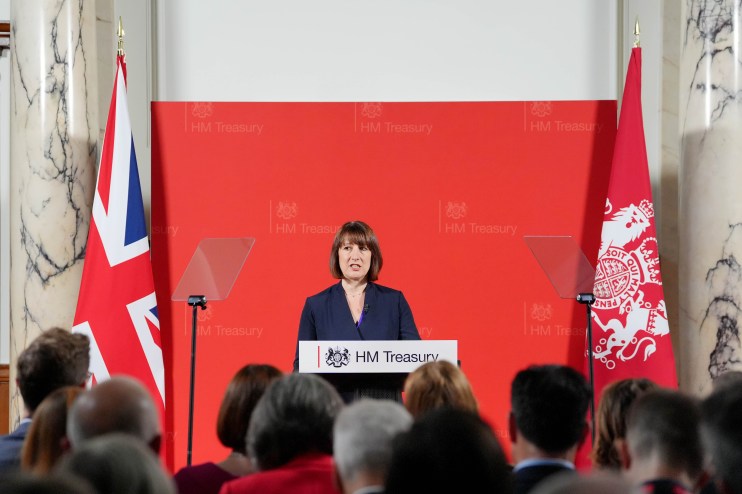UK tech faces talent exodus if founders are penalised by tax hikes

Prime Minister Keir Starmer has promised that Chancellor Rachel Reeves’ first Budget will prioritise economic growth and wealth creation.
But moves to hike taxes that will hurt Britain’s entrepreneurs are putting that pledge in doubt.
As British businessman Sir Martin Sorrell warned in City A.M.: “Increasing capital gains tax, especially without index-linking or time apportionment, will drive entrepreneurs and business owners out of the UK.”
This sentiment is widely held among British tech leaders. Lewis Liu, chief executive of Eigen, recently bought by Sirion Labs, fears a CGT hike could cripple the UK’s tech ecosystem.
“The best entrepreneurs have options globally, and with higher valuations available in the US, the UK needs to remain competitive. A CGT hike could push talent elsewhere, and that’s a risk we can’t afford,” he explained.
He also called for an overhaul of the “broken” R&D tax credits system, more support for scaling businesses and an expansion of government SEIS and EIS schemes, that encourage private investors to invest in small businesses.
The UK’s tech industry could face an exodus of both talent and investment if founders are penalised by tax hikes. Early exits are already common, with many opting to sell rather than grow into global giants.
Major firms like Arm and Flutter have already deserted the UK in search of greener pastures to publicly list. A harsher CGT regime could accelerate this trend, shrinking the UK’s potential for homegrown tech giants.
Similarly, tech and media analyst Alex DeGroote warned that a material CGT rise, combined with the potential scrapping of inheritance tax exemptions, will have “a very negative impact on UK markets and tech investment, at a time when AI is the hottest theme in investment globally”.
AI investment at stake
AI firms are also sounding the alarm ahead of the Budget. The sector, which has seen explosive growth globally, needs a supportive fiscal environment for the UK to maintain its competitive edge.
Anssi Ruokonen, director of AI research at software firm Basware, hopes the budget will outline clear guidelines around AI, especially in financial services. “The budget should promote collaboration between regulators, industry, and AI experts to oversee the development of AI best practices and standards for implementation,” he said.
And Stuart Munton, chief of operations and technology at And Digital, has called for a Budget that re-energises the UK’s AI push. “The UK has already invested a lot into AI, so it’s important that doesn’t stop,” he said, adding that training and education should form a “core part of AI policies” to maximise its benefits in the workplace.
With just weeks to go before she takes to the despatch box, UK tech leaders are making an eleventh hour bid to influence Labour’s plans. But will Reeves listen?
Labour’s hands appear to be tied by the state of public finances, with tax rises seemingly inevitable. The October Budget promises to be “painful,” Starmer has warned, and things may “get worse before they get better”.
If his words are anything to go by, this could be an uphill battle for the UK’s tech sector. Anything with a price tag is almost certainly off the table.
But the tech sector is increasingly linked to the UK’s economic future, adding over £150bn to the economy every year. If Labour is serious about economic growth, it should not implement policies that will harm this industry.